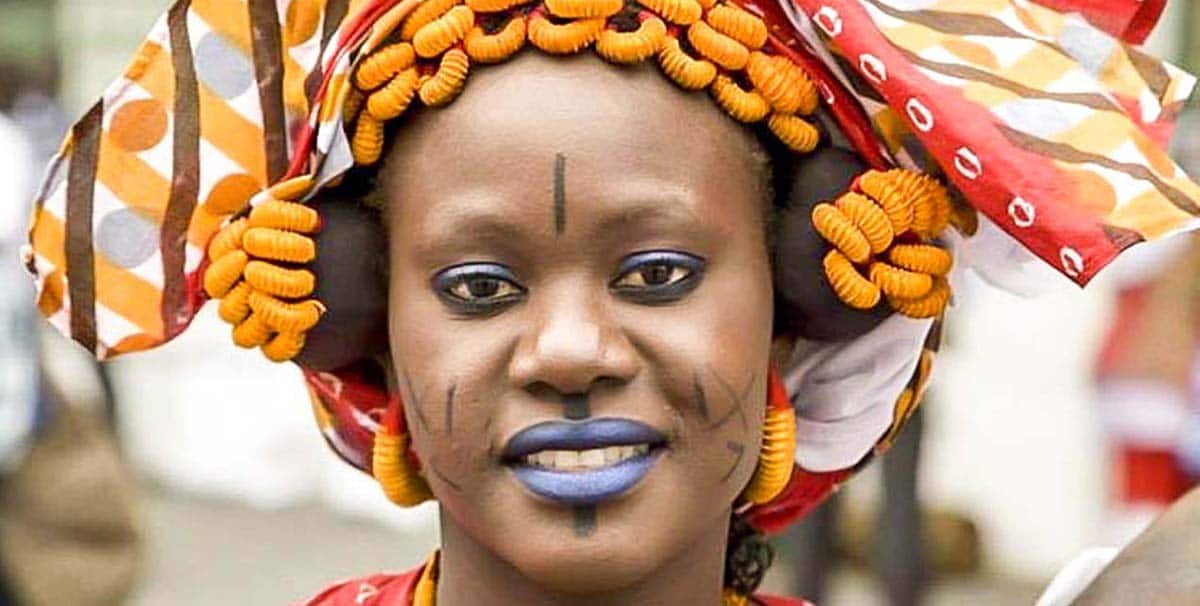
Senegal It is a country in West Africa and is known as "the gateway to the African continent." It is a beautiful country, with a variety of landscapes and therefore a rich fauna and flora. The Europeans arrived early, but it was the French who eventually took over in the XNUMXth century.
Until the '60s it was a french colony so today the culture, traditions and customs of Senegal they are a combination where the distant inheritance is superimposed on that of the domination of the colonial system.
Senegal
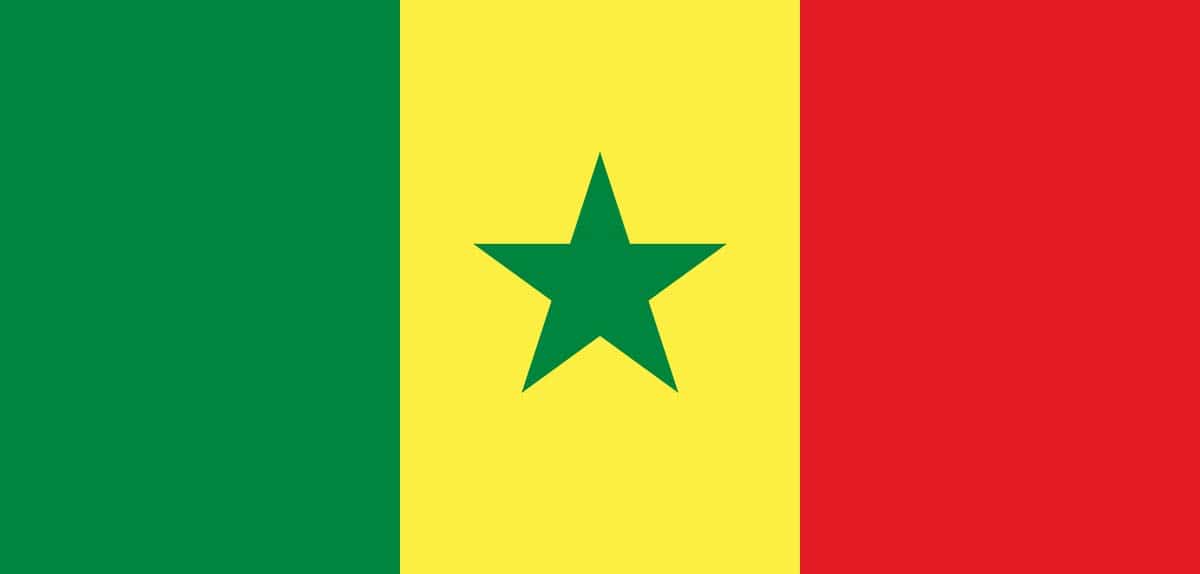
What is recognized today as Senegal was once part of the ancient kingdoms of Ghana and Djolof and an important center on the caravan routes that crossed the Sahara. Later the Europeans, English, Portuguese, French and Dutch would arrive, but as we said above they were the French who were left with absolute control in the XNUMXth century.
After the Second World War began the processes of decolonization, both in Asia and in Africa, and although France was not particularly inclined to unleash the reins in a peaceful and organized manner, in the long run it had no other choice and thus, in 1960. , with the leadership of Leopold Senghor, statesman and writer, Senegal won its independence.
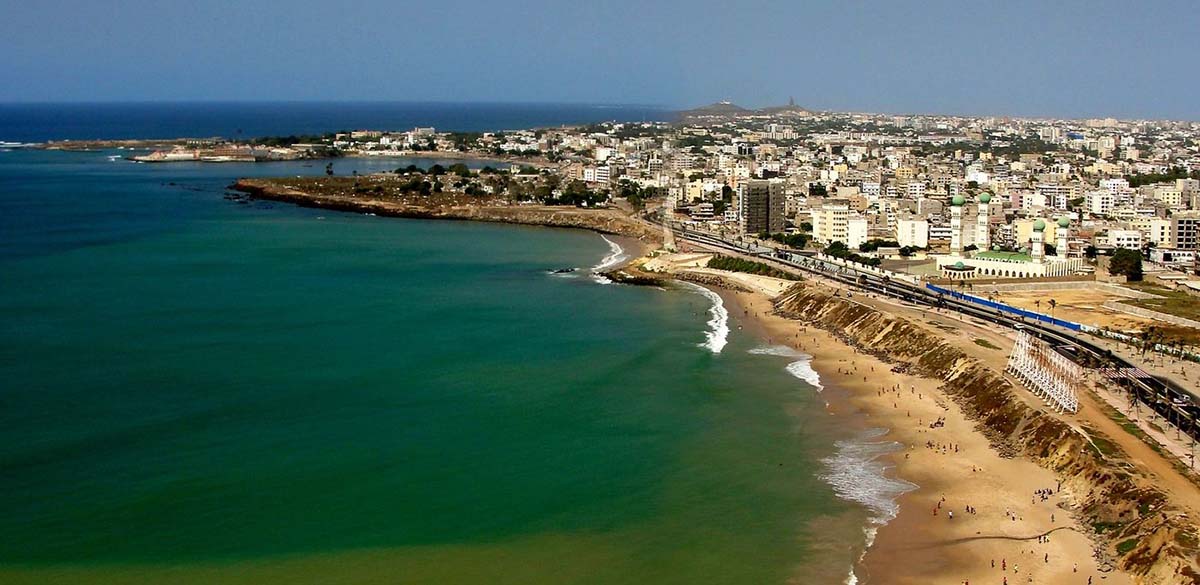
At first it was part of a federation together with Mali but later it became a separate sovereign state. Although traditionally its economy has been dependent on the cultivation and trade of peanuts, there have been attempts to diversify. Like many of the countries of the continent its economy is unstable, fragile, with a high unemployment rate ...
Senegal customs
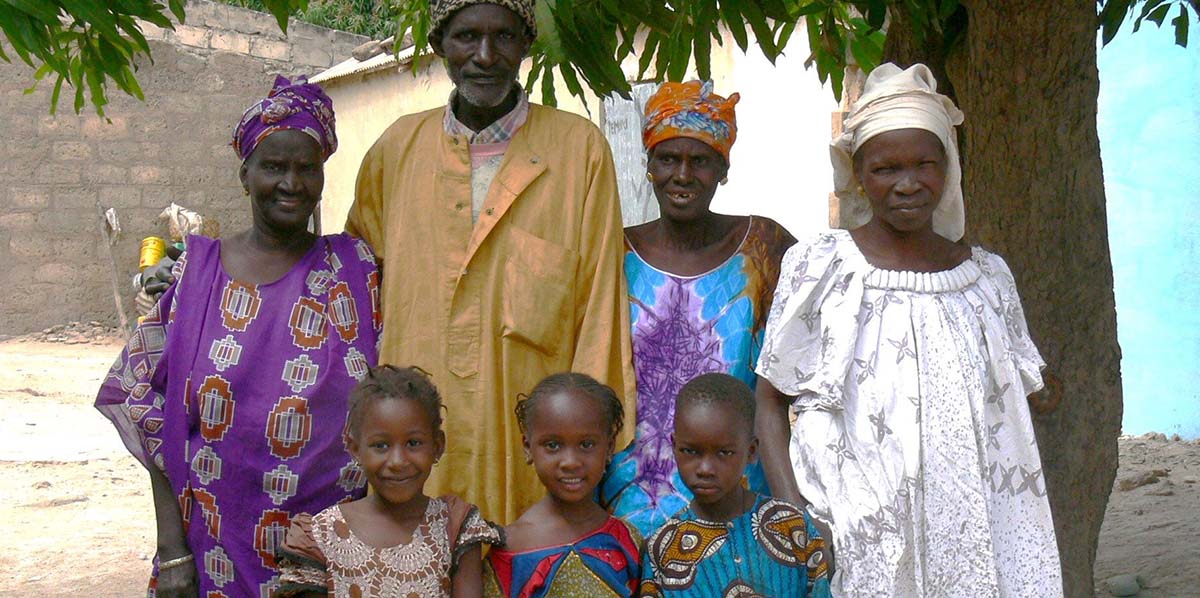
Much of Senegal's society is part of a stratified social system, very traditional, which includes a hereditary nobility and the existence of a particular class of musicians and storytellers called griots. Then, of course, there is a more contemporary Senegalese culture that comes from other social groups, but the majority, which is wolof, weighs a lot when it comes to matters of State and trade. Is there ethnic tension? Yes, because minorities fight to achieve greater parity.
Dakar is the capital and its largest and most attractive city. It is in Cape Verde, a peninsula on the Atlantic coast. Dakar is also one of the most important and busiest African ports in West Africa. Senegal culture it's a proudly black culture, there was a movement in the '30, '40 and '50, which revalued the blackness emphasizing African values and heritage.
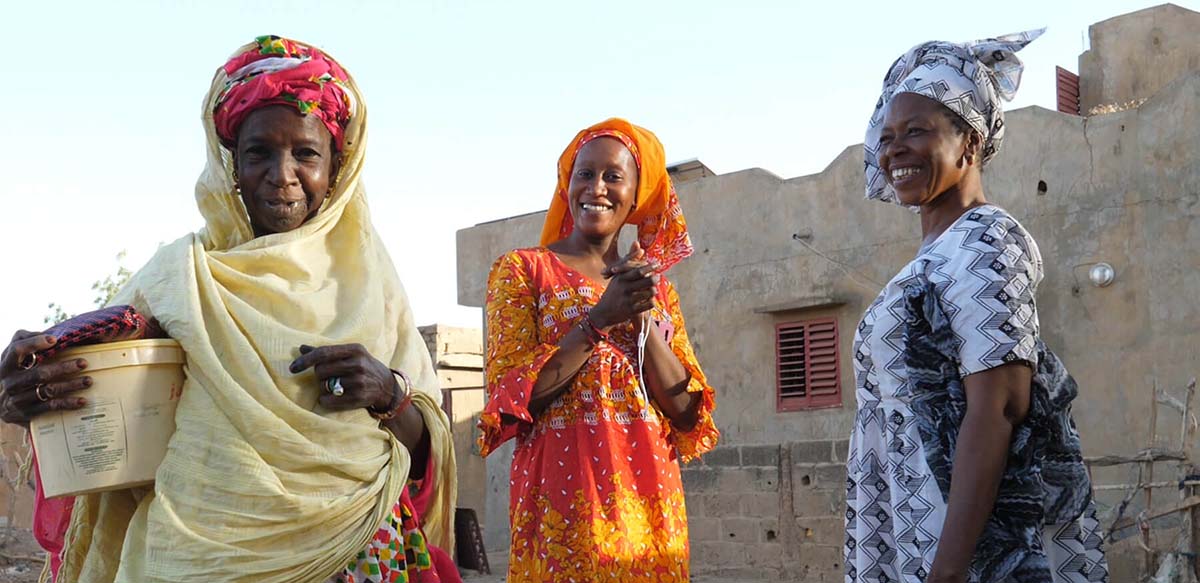
We talked before about different ethnic groups and they must be taken into account when talking about the culture and customs of Senegal. On the one hand there is the majority Wolof whose language is the most used in all the country. According to their social division there are freedmen (nobles, religious and peasants), castes of artisans, blacksmiths and griots and there are also slaves. There is also the Serer ethnic group, much like the Wolof, the Tuculor and Fulani. The Tukulor is almost indistinguishable from the Wolof and the Fulani because they tend to marry each other.
After yes there are other less numerous groups like the Soninke, former rulers of Ghana, the Mauri and the Lebu, for example. A) Yes, there are several languagess, included French as the official language. Regarding the religion that is professed the vast majority of Senegalese profess Islam and they are organized into brotherhoods that have spiritual leaders. And beyond being Muslim too adhere to a certain animism, that is, the belief in idols or forces of nature with magical powers.
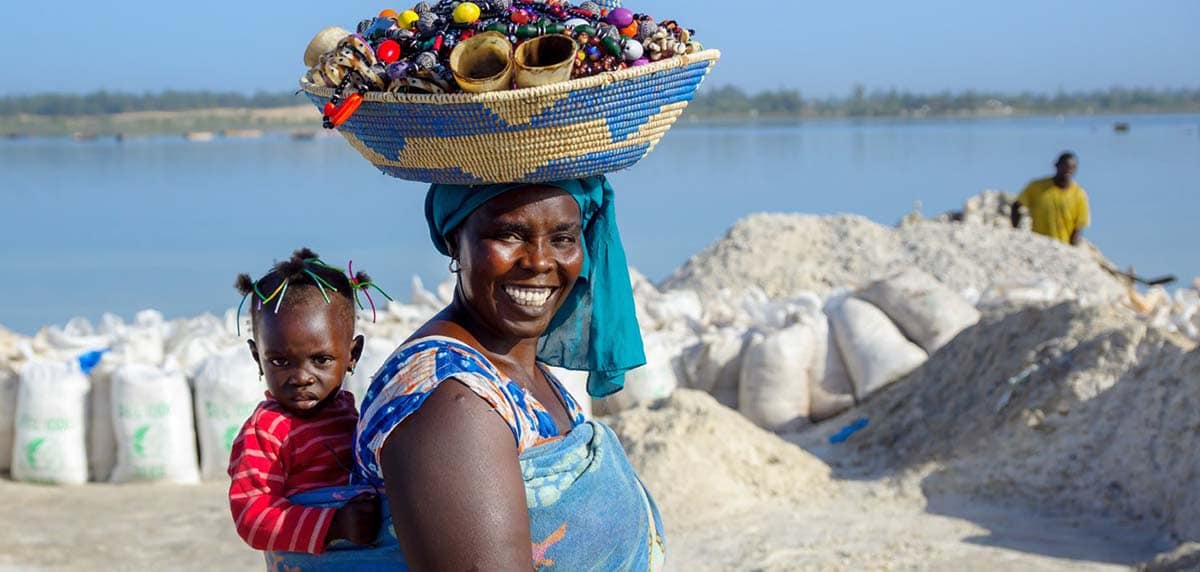
Senegal is divided into five geographical areas inhabited by various ethnic groups each and therefore, with their own customs and traditions. Do youWhat is the place of the man and the woman in this type of country? First we must say that the division of labor is by gender. Women mostly do household chores such as cooking, cleaning and caring for the children. There is an exodus of young men from the villages to the cities in search of work and then, for some time now, it is the women who are dedicated to the mills and so on in the villages. In fact, the central government has established a special rural development agency to organize women in the villages.
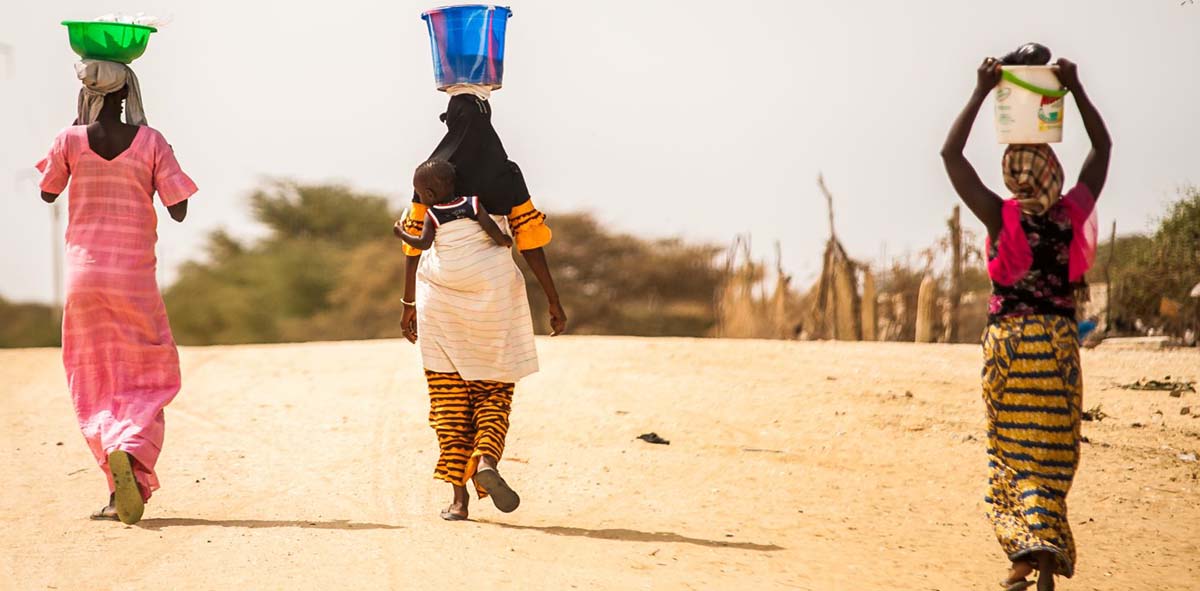
Although the Islamic religion does not have women in the best of places, in cities the situation of women has been changing and there are already secretaries, saleswomen, maids and factory workers. For the rest, in general In all ethnic groups, women are secondary and dependent on the male members of the family. It does not matter much that the Constitution marks certain equities, in reality women are discriminated against, confined to the domestic environment, with no real power over anything.
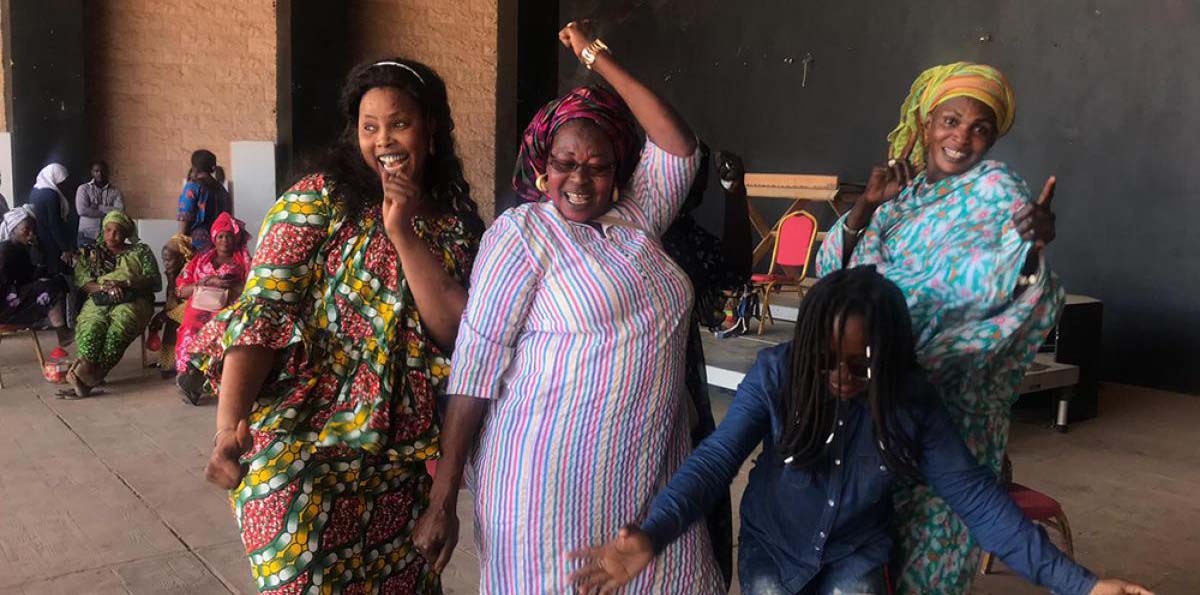
It is said that more or less half of women live in polygamy relationships and only 20% work for a salary. Legally, the men are the "head of the family" so they receive the payments corresponding to the maintenance of the children and not the women. Marriages, in rural areas, are arranged by parents and the exchange of gifts is common. Then there is a civil marriage and the bride moves to the groom's family home where, in addition to the family, other people tend to live sporadically.
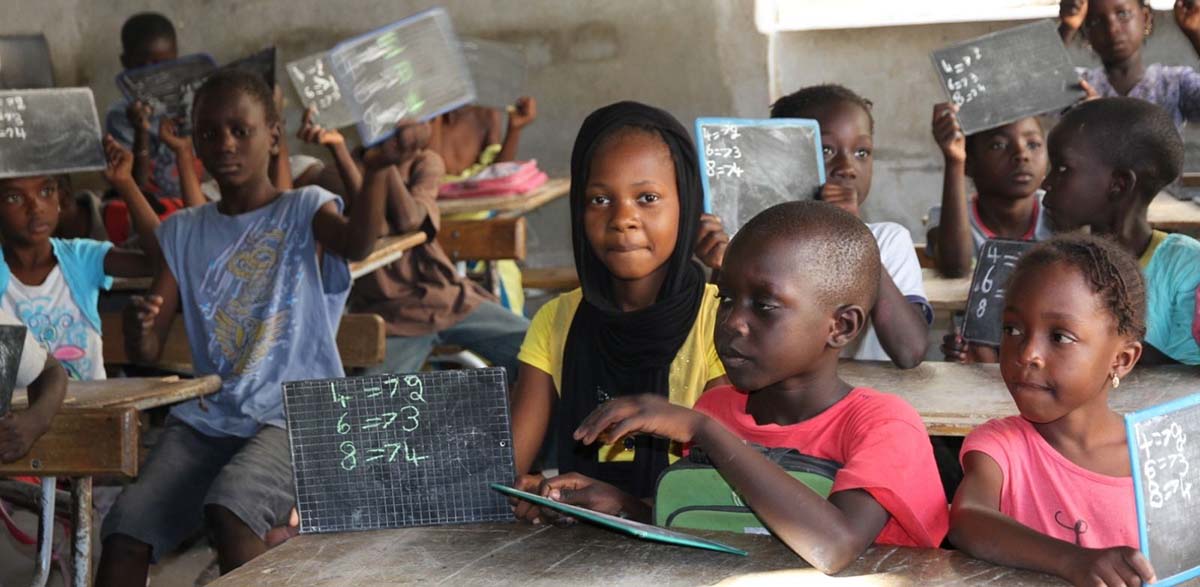
Children are highly valued and everyone takes care of him, the family and the neighborhood. Around the age of five or six, each child receives a certain education according to their gender. While as little boys and girls play together when they grow up, the girls stay closer to their mothers. Boys are circumcised upon reaching maturity and luckily, now hefemale mutilation is prohibited. There are primary, secondary and tertiary / university schools for both sexes and many of them are either private or Catholic. The elite send their children to study abroad.

What social customs do they have in Senegal? A typical greeting consists of a handshake. Young women lean slightly towards their elders. You don't speak badly in public and it is about not showing verbal aggressiveness. You ask about the health of the other person and their family and this is very literally because it is part of the protocol of any conversation. If this is not followed, the norm is broken.
To the handshake are added three kisses on the right cheek or both, but only close friends. Also, although they are Muslim, men and women touchPeople often call each other with their academic title or professional position, often in French. While in many countries the gift exchange It is super common here in Senegal is not the case, although if you are invited to a Senegalese home for the first time you can get something small, cakes, fresh fruit, that kind of thing.
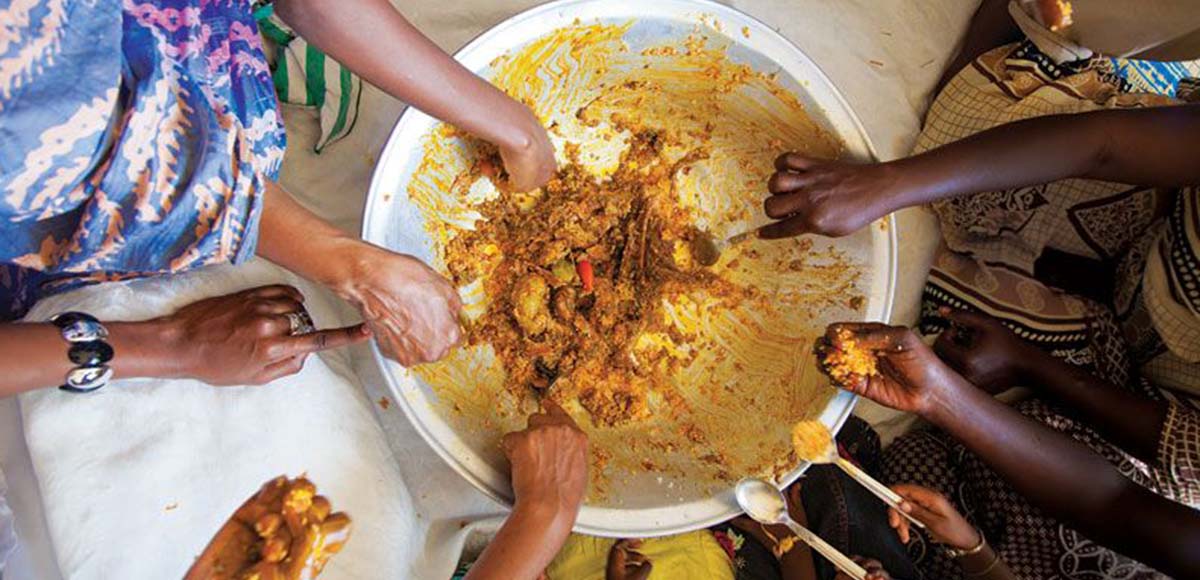
The gifts, yes, are delivered with both hands and wrapped (there is no problem with the color of the packaging), yes, do not expect that they are always opened in your presence. When it comes to sharing a meal there is also etiquette: you must wait for them to tell you where to sit, you should wash your hands in a bowl before eating, you will see that women and men sit apart even in the same room and you cannot start eating. before the oldest man in the group.
Africa is wonderful and Senegal is a fantastic country. You may never travel on your own or go to work, but a safari, an excursion, attending the famous car race ... I don't know, they can awaken your love for this huge and rich continent.